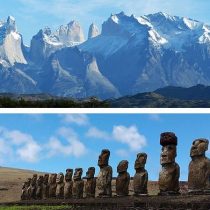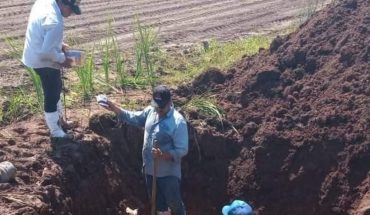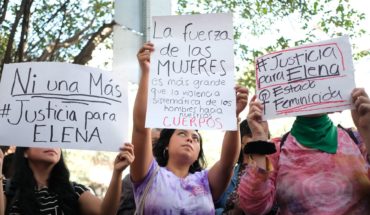
The bill was introduced in June 2019 by the government through the Ministry of Cultures, Arts and Heritage and seeks to update legislation dating back to 1970 and based on a decree (e) 1925, which leaves the country with more than fifty years of progress and on which there is consensus on its obsolescence and deficiency to promote the conservation and management of heritage in Chile.
Through a text signed by a diverse and plural group from different fields, they state that the current social and institutional crisis facing Chile implies the urgency of appropriate responses in different areas. In this vein, they support their readiness for, “from a critical and constructive view, to support legislative processing, which, duly discussed with the various actors, will allow Chile to update its outdated regulatory framework on heritage for the benefit of all the communities in our territory.”
The text includes among others national awards such as Edward Rojas and Juan Sabbagh, actors linked to the political world and territorial management such as former parliamentarian Carolina Tohá, former mayor Claudio Orrego, the current ediles Felipe Alessandri in Santiago, Brunilda González de Caldera or Gonzalo Durán de Independencia, directors of cultural and heritage centers such as Carlos Aldunate (Pre-Columbian Museum), Arturo Navarro (Centro Cultural Mapocho), Carmen Gloria Larenas (Municipal Theater), Armando Cartes (Historical Archive of Conception) or social leaders such as Elizabeth Aguilera de Lota and representatives of intangible heritage practices such as Carlos Carvajal (Chinese Dances), as well as academics, and cultural managers such as Javiera Parada and Alberto Larraín (director Procultura).
Landscapes and memory sites
At the diagnostic level, it is argued that the country’s legislative framework is absolutely outweighed and that this is serious in that it has concrete and negative impacts on territories and communities. “Due to the fragility of our institutionality, the continuous socionatural disasters, the lack of recognition of intangible cultural heritage linked to communities that preserve ancestral knowledge, the null coordination between territorial planning and heritage areas, the lack of specific tools to protect landscapes and memory sites, among many other factors, we face permanent and irreparable losses of our heritage,” indicates the text signed by various entities.
It is argued that while the draft law presented by the Executive presents matters that have generated dissensiveness in different sectors and on which progress is required in dialogue, “we believe that at the same time it proposes several positive and urgent areas of with a view to the decentralization of decision-making, a new view of heritage and the generation of management and financing measures that will advance the effective conservation of the country’s heritage,” the text states.





